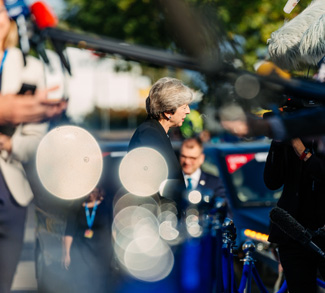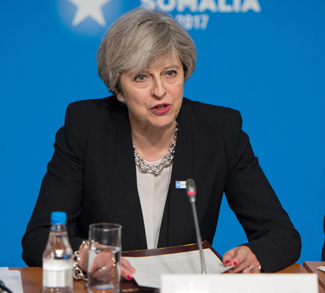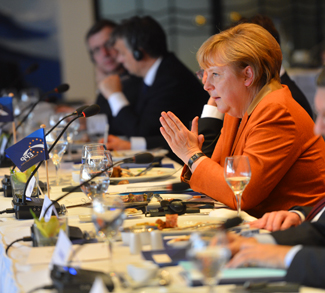Summary
The May government almost had a deal that could have moved Brexit talks to the trade negotiation phase. Then the DUP stepped in.
At issue is the status of the Northern Ireland border after the UK leaves the European Union. The May government had appeared to sign off on regulatory harmony between the North and South, effectively placing the North under EU regulatory jurisdiction – a separate environment from the rest of the UK post-Brexit. However, the Democratic Unionist Party (DUP) stepped in and nixed the deal by threatening to withdraw support from the government. The DUP – a pro union party – worries that any divergence between UK-Northern Ireland law could at best leave Belfast on the margins of the UK and at worst eventually trigger its unification with Ireland.
Both sides now have until the European Council meeting on December 15 to iron out a deal, but the odds don’t look good.
Impact
We always knew this was going to be a problem.
The May government was hoping for two things to happen to skirt the border issue and proceed to trade talks: 1) put vague wording into the agreement such that Ireland and the DUP would both feel their (irreconcilable) interests are being served; and/or 2) use the potential economic damage of a hard Brexit to force Dublin to stand down from its position.




